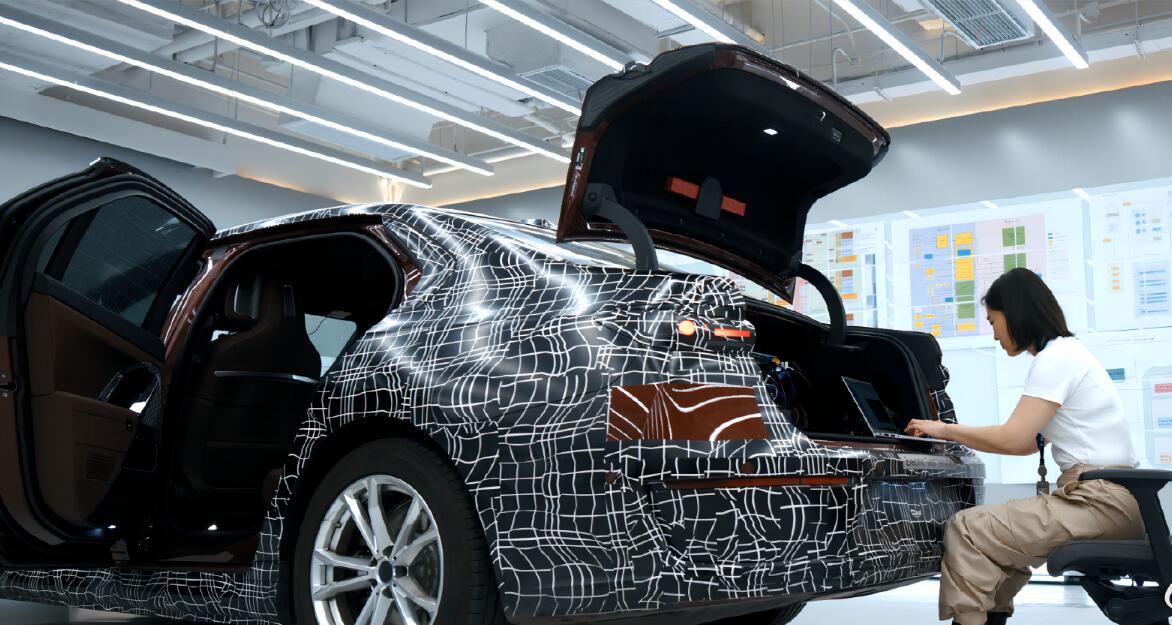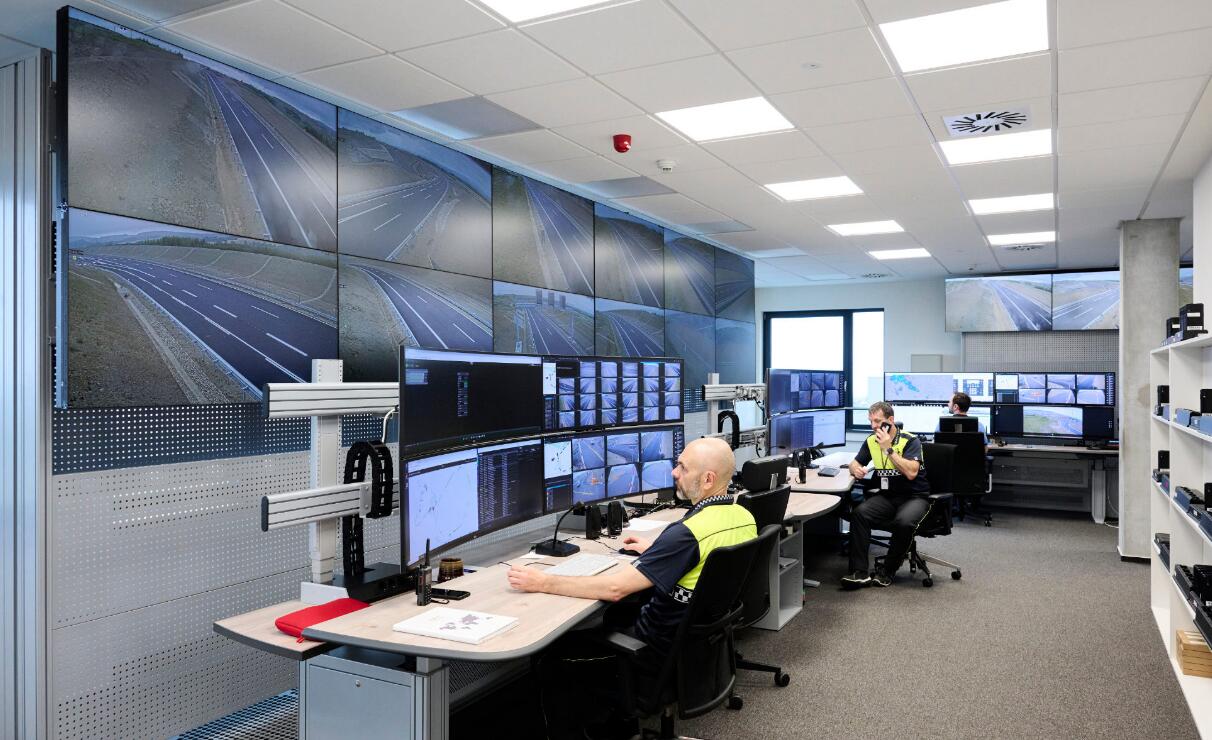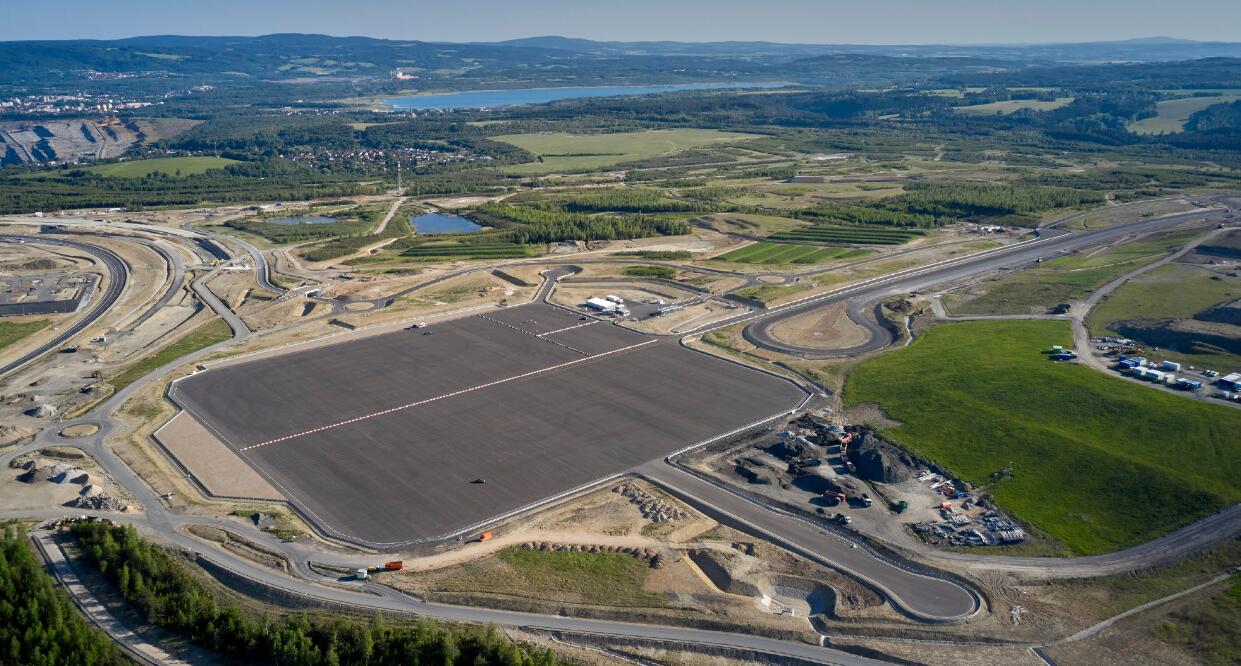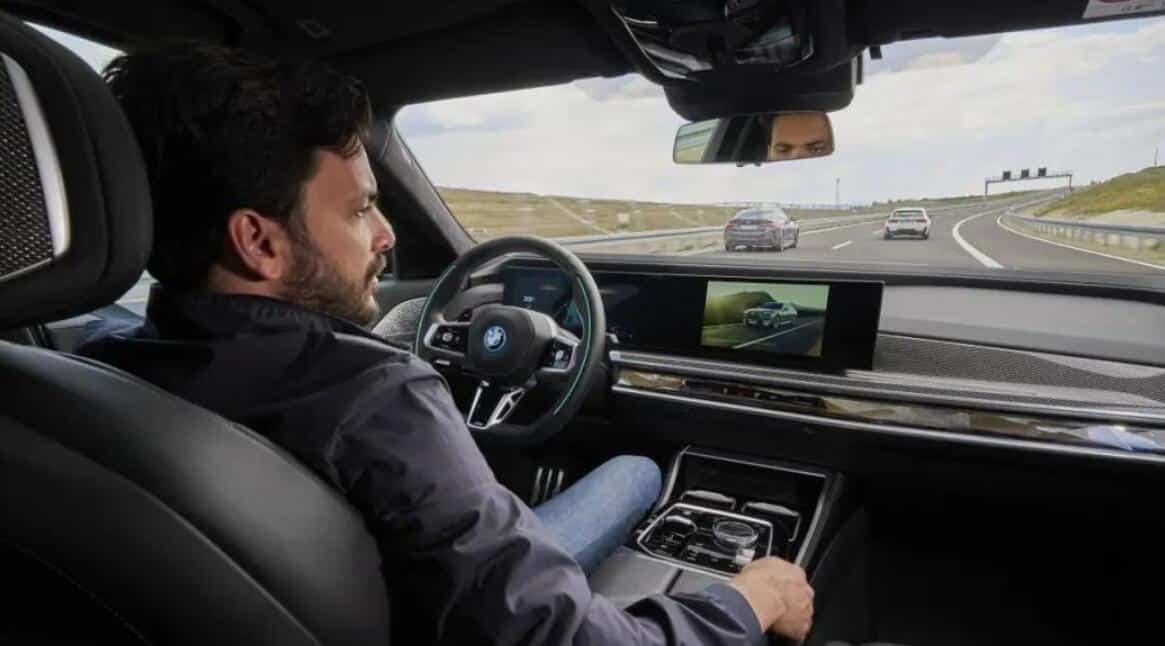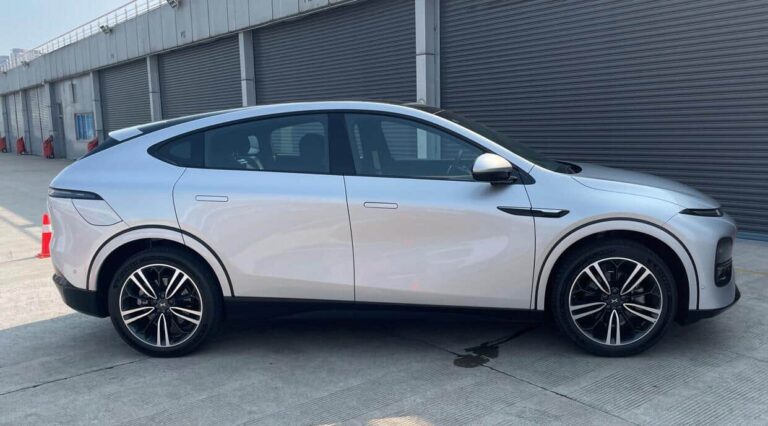BMW will be fully prepared for the future adaptation and application of L3 autonomous driving features in China in accordance with local regulatory requirements, it said.
(Image credit: BMW)
German premium carmaker BMW has stepped up its development of advanced driver assistance systems and launched the localization of the software in China in response to the increasingly fierce competition in the field.
BMW is accelerating the development of its L3 autonomous driving feature, with a global launch planned for late 2023 or early 2024, the company said today.
BMW's China R&D team has initiated the localized development of L3 autonomous driving, and will be fully prepared for the future adaptation and application of the L3 autonomous driving function in China in accordance with local regulatory requirements, it said.
With the help of the L3 autonomous driving function, drivers can enjoy in-car audio-visual entertainment such as games and streaming videos, BMW said.
The L3 autonomous driving technology suite is able to integrate more high-performance sensors, such as the new LiDAR system, and interlink all sensor information with long-range radar and front-facing camera data to create a complete environment model, it said.
The company's Future Mobility Development Center in the Czech Republic, which officially opened this summer, focuses on the development and testing of driver assistance systems and autonomous driving technologies.
At 6 million square meters, the development center is BMW's largest test site in the world and provides infrastructure for testing highly automated driver assistance systems, it said.
The facility is located about 280 kilometers from BMW's FIZ development center in Munich, where more than 100 engineers are already working on development and testing.
The development center integrates a comprehensive test track consisting of six circuits with a total length of 25 kilometers, it said.
The facility also has several test areas, including a 6-kilometer highway, and rural and urban road traffic modules for testing L4-compliant autonomous driving technologies and systems, the company said.
Meanwhile, with partner Valeo, BMW is also working on an automated valet parking solution.
In China, the company opened its new R&D center in Shanghai in July, and it now has R&D facilities in Beijing, Shanghai, Shenyang and Nanjing.
BMW has established the largest and most complete R&D system in China besides its German headquarters, the company said.
